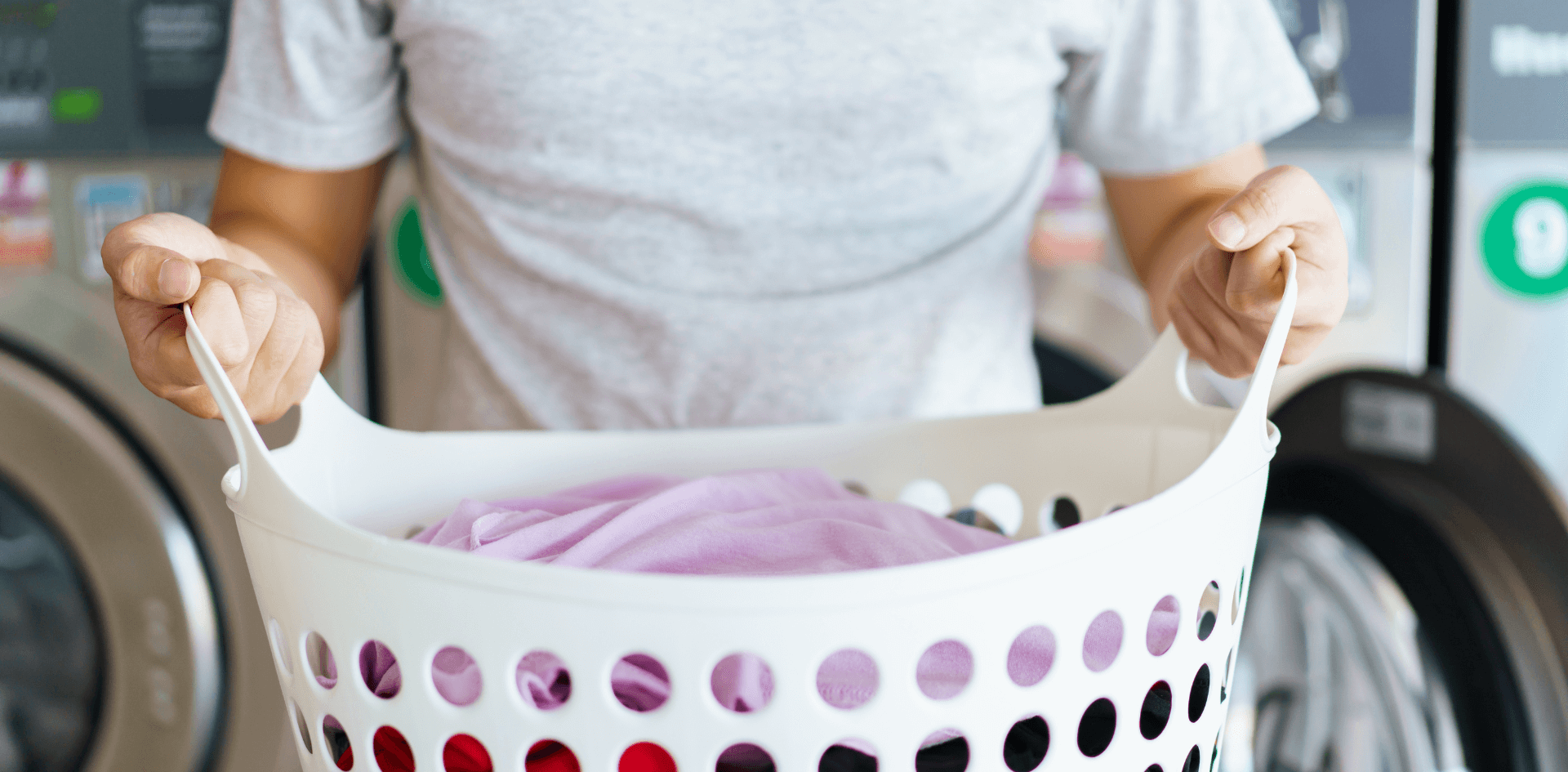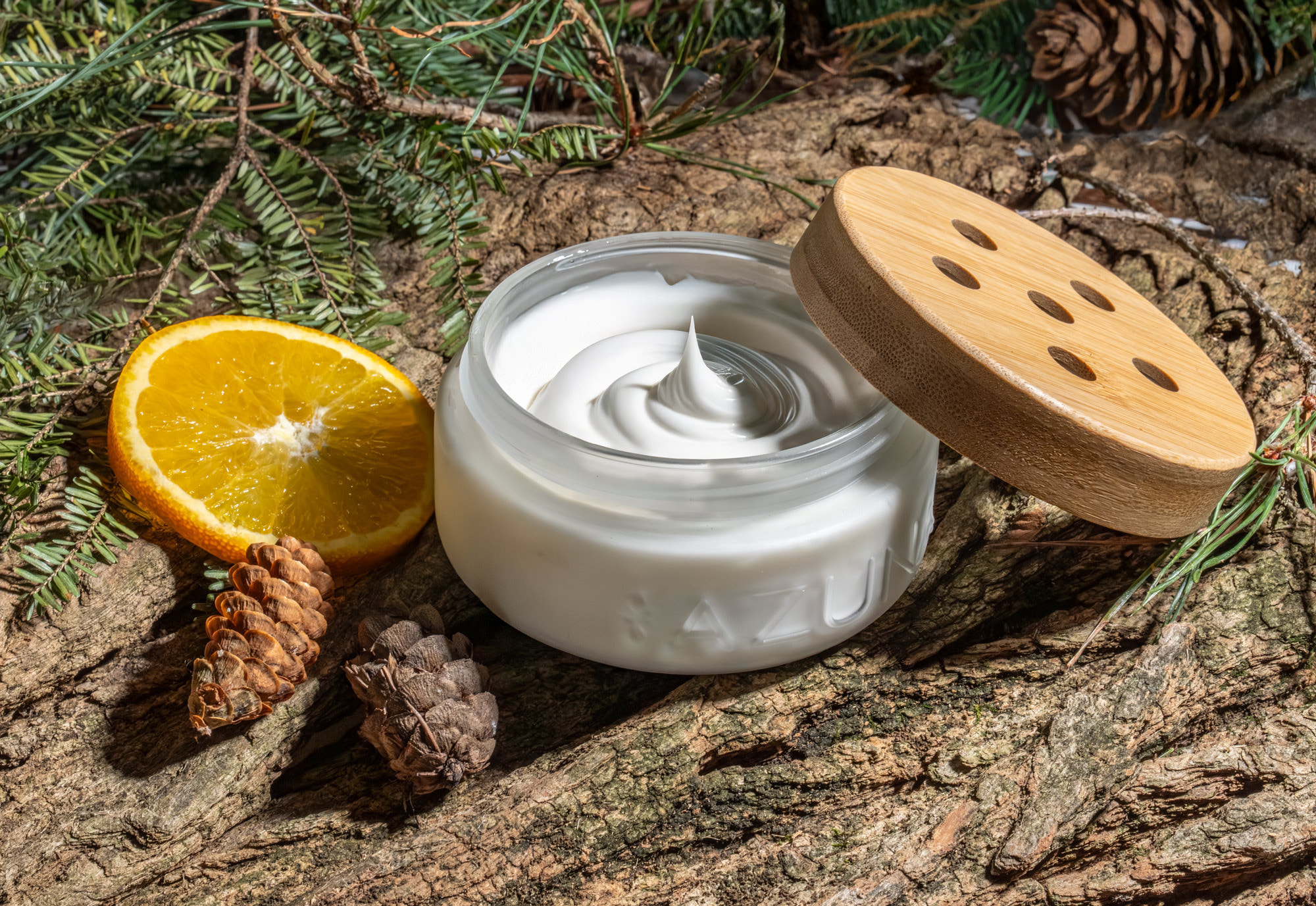There’s nothing more irksome than attempting to do laundry and being met with the unpleasant smell of rotten eggs. It can feel like a daunting task to figure out where unwanted odors are coming from because there are so many potential causes. From mold and mildew buildup to sewage problems, there are a number of reasons why your washing machine is emitting such a strong odor.
Frustrated? Don’t sweat it. Keep reading for an overview of what might be causing this unwanted odor in your home and what you can do about it.
#1 Your Washing Machine Is Dirty?
When was the last time you cleaned your washing machine? The yucky smell coming from your washing machine might be the result of a long-overdue cleaning. Particularly if you have a top-loading washer, your machine might have built up a significant amount of mold, mildew, or other bacteria.
If your washing machine needs a good cleaning try this tea tree oil-based spray from Azuna - it does it all. It cleans surfaces and neutralizes odors caused by mold, mildew, fungus, bacteria and other odor-causing microbes - and can also be used to freshen the air!
#2 The Smell Might Be Coming From the Sewer
One of the more obvious reasons why your washing machine might smell like rotten eggs is because of a drain or sewer issue. Sewer gas doesn’t smell great, but if your washing machine is having an issue with drainage, that smell might be seeping back into your machine instead of out.
If you suspect that the smell is coming from the sewer, it is because the drain or sewer line is clogged, and the smell from the sewer is traveling up through the drain hose and into your washing machine. You may have to contact a professional to resolve the issue.
#3 Is Something Stuck in the Door Seal?
Another likely cause of that unwanted odor is that something is stuck in your washer’s door seal. This can be particularly true for front load washers with a rubber seal located right inside the door. The door seal is a common area for small items like underwear or socks to get caught which, if left wet for a number of days or even weeks can begin to develop mold and mildew.
If you suspect that something might be stuck in the door seal, conduct a thorough check of the perimeter of your washing machine as well as all seals to ensure that there isn't a smaller article of clothing there stuck and gathering bacteria. If a stinky sock is the culprit, remove the piece of clothing and sanitize the affected area.
A natural fix - use this odor eliminator and surface spray from Azuna. This tea tree oil-based spray can be used directly on surfaces to clean and deodorize as well as in the air to help eliminate odors and freshen the space.
#4 The Drain Plug Might Be the Issue
All washing machines need to be drained. With front load washing machines, in particular, the drain plug and its filter can get dirty: this could be causing a rotten egg smell. If you suspect that the smell is coming from the drain plug in your machine, first locate where the drain plug is on your machine and see if the smell is stronger in that area. You may need to contact a professional to resolve this issue if you think that the plug or the interior filter is what is causing the unwanted smell.
However, you might want to address the rotten egg smell before someone is able to come fix your machine’s drain plug.
#5 Mold, Mildew, and Other Bacteria Building Up
Mold and mildew may be the cause of the rotten egg smell coming from your laundry room. As with any place that has high humidity — mold, mildew, and other fungi are more likely to flourish, particularly in darker, damp places. If your laundry room is located in a basement, or an area where flooding is more likely to occur, be sure to incorporate regular cleaning, an air purifier, and a dehumidifier into your laundry room setup.
Inspect your washing machine for any build up of mold and mildew. Check inside your washing machine doors as well as underneath the washing machine to see if any bacteria might be growing below the appliance. Addressing minor mold and mildew growth is relatively simple and can be cleaned with an anti-microbial spray and kept at bay with a regular cleaning routine .
#6 There Could Be a Crack or Leaky Pipe
Another issue that might be causing the rotten egg smell in your laundry room could be a cracked or leaky pipe that connects your washing machine to the sewer. A cracked pipe connected to your washing machine might be letting in septic gasses, which is likely the culprit of the unwanted odor.
#7 Could There Be a Gas Leak?
While less likely than the aforementioned issues that might be causing a rotten egg smell, it’s possible that the unwanted odor coming from your laundry room might be the result of a gas leak. While natural gas does not have an odor, gas companies will add a chemical, called mercaptan, so that a potentially harmful leak is accompanied by a smell that is sure to capture your attention: rotten eggs.
If you think that a gas leak is causing the rotten egg smell, contact the company responsible for your home’s gas immediately. A professional will need to address the situation so as to ensure that the issue is resolved as safely as possible.
The Bottom Line
Whether your washing machine has a buildup of mildew and mold, something stuck in the door seal or simply needs a deep clean, if the rotten egg smell doesn't go away after all the cleaning methods have been exhausted then it might be time to contact your gas company to evaluate for a gas leak.
If your laundry room smells less than pleasant, there's no need to worry because the solution might be as simple as letting your washer run through a cleaning cycle.
Learn more about all our odor eliminating and air freshening products here.
Sources:







